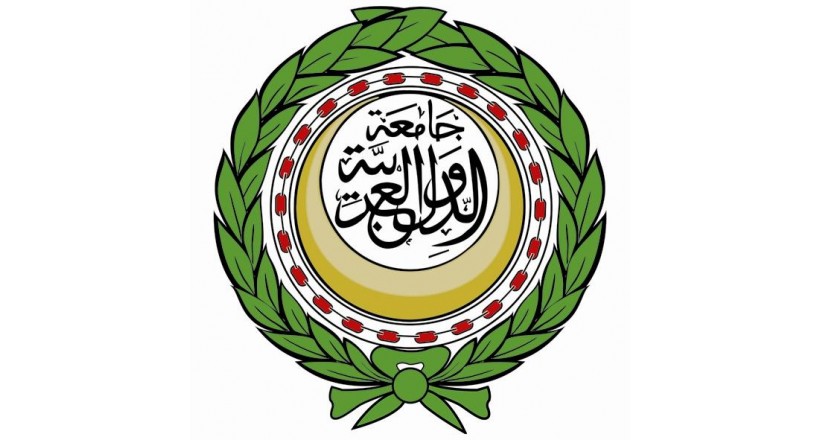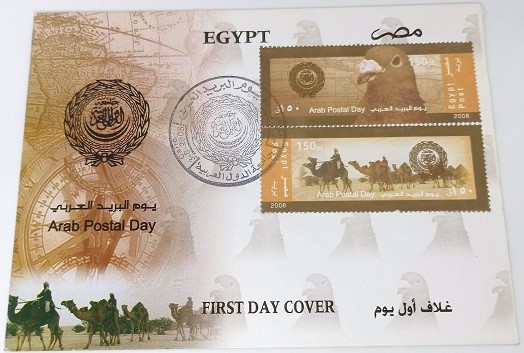The Arab League (al-Jāmiʻah al-ʻArabīyah), formally the League of Arab States (Jāmiʻat ad-Duwal al-ʻArabīyah), is a regional organization of Arab states in and around North Africa, the Horn of Africa and Arabia. It was formed in Cairo on 22 March 1945 with six members: Kingdom of Egypt, Kingdom of Iraq, Transjordan (renamed Jordan in 1949), Lebanon, Saudi Arabia, and Syria. Yemen joined as a member on 5 May 1945. Currently, the League has 22 members, but Syria's participation has been suspended since November 2011, as a consequence of government repression during the Syrian Civil War.
The League's main goal is to "draw closer the relations between member States and co-ordinate collaboration between them, to safeguard their independence and sovereignty, and to consider in a general way the affairs and interests of the Arab countries".
Through institutions, such as the Arab League Educational, Cultural and Scientific Organization (ALECSO) and the Economic and Social Council of the Arab League's Council of Arab Economic Unity (CAEU), the Arab League facilitates political, economic, cultural, scientific, and social programmes designed to promote the interests of the Arab world.It has served as a forum for the member states to coordinate their policy positions, to deliberate on matters of common concern, to settle some Arab disputes and to limit conflicts such as the 1958 Lebanon crisis. The League has served as a platform for the drafting and conclusion of many landmark documents promoting economic integration. One example is the Joint Arab Economic Action Charter, which outlines the principles for economic activities in the region.
Arab League of states establishment memorial stamp. Showing flags of the 8 establishing countries: Kingdom of Egypt, Kingdom of Saudi Arabia, the Mutawakkilite Kingdom (North Yemen), Syrian Republic, Hashemite Kingdom of Iraq, Hashemite Kingdom of Jordan, Lebanese Republic
Each member state has one vote in the League Council, and decisions are binding only for those states that have voted for them. The aims of the league in 1945 were to strengthen and coordinate the political, cultural, economic and social programs of its members and to mediate disputes among them or between them and third parties. Furthermore, the signing of an agreement on Joint Defence and Economic Cooperation on 13 April 1950 committed the signatories to coordination of military defence measures. In March 2015, the Arab League General Secretary announced the establishment of a Joint Arab Force with the aim of counteracting extremism and other threats to the Arab States. The decision was reached while Operation Decisive Storm was intensifying in Yemen. Participation in the project is voluntary, and the army intervenes only at the request of one of the member states. The growing militarization of the region and the increase in violent civil wars as well as terrorist movements are the reason behind the creation of the JAF, financed by the rich Gulf countries.[8]
In the early 1970s, the Economic Council of the League of Arab States put forward a proposal to create the Joint Arab Chambers of Commerce across the European states. That led, under the decree of the League of Arab States no. K1175/D52/G, to the decision by the Arab governments to set up the Arab British Chamber of Commerce which was mandated to "promote, encourage and facilitate bilateral trade" between the Arab world and its major trading partner, the United Kingdom.






